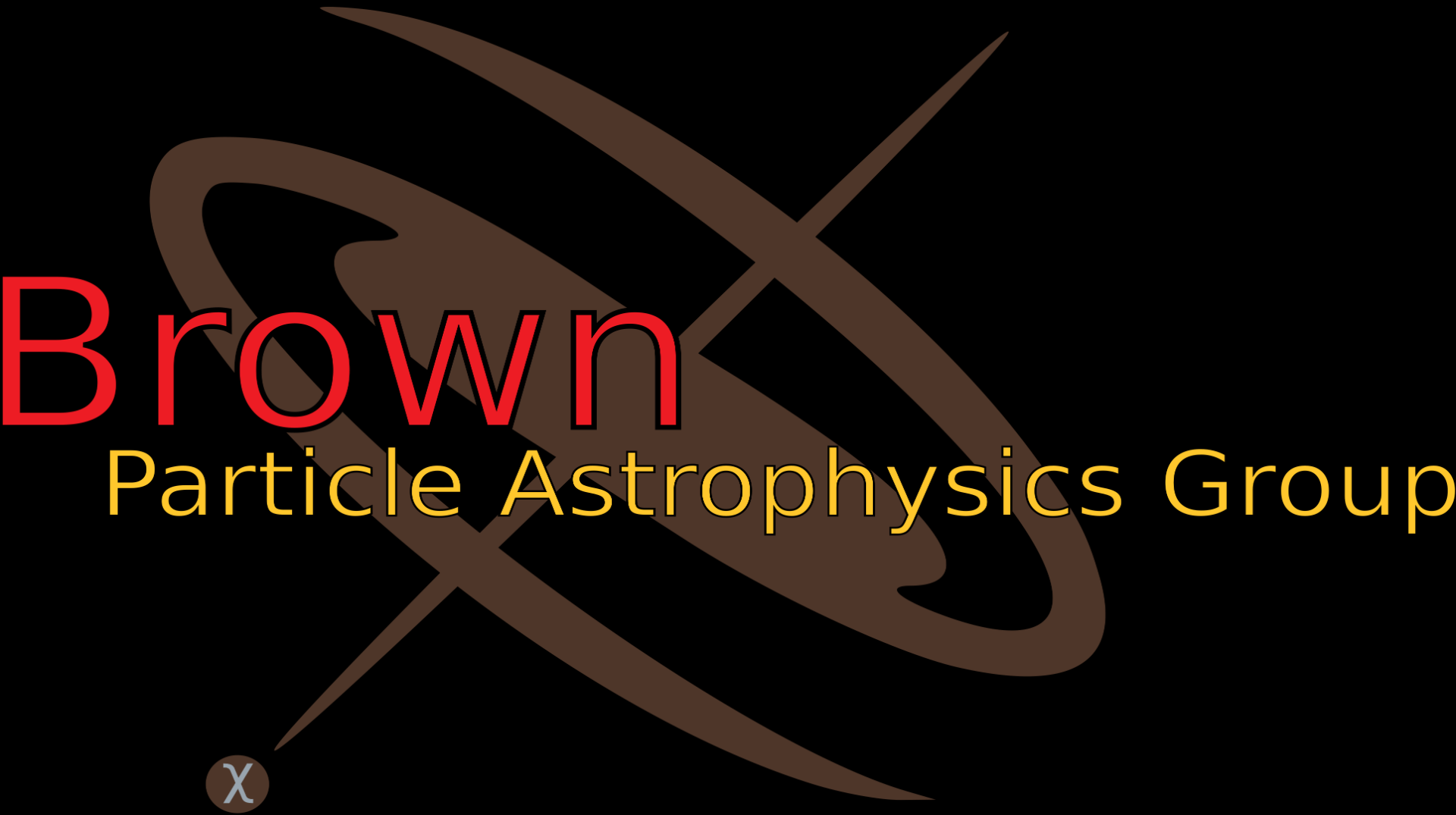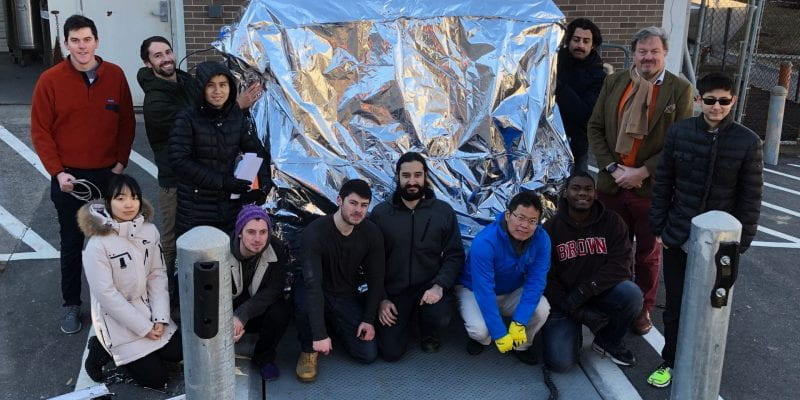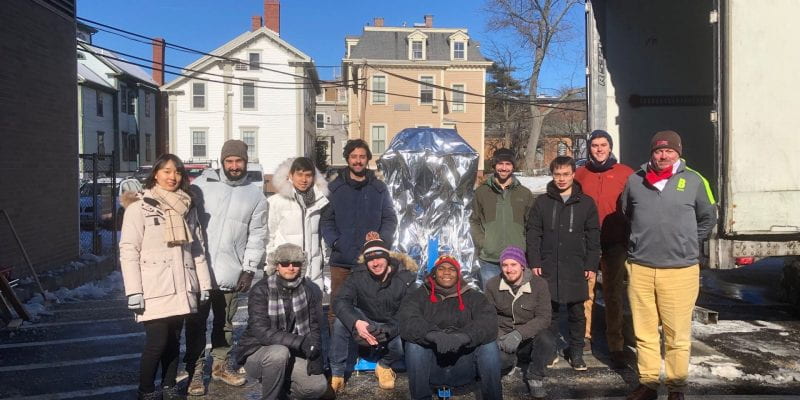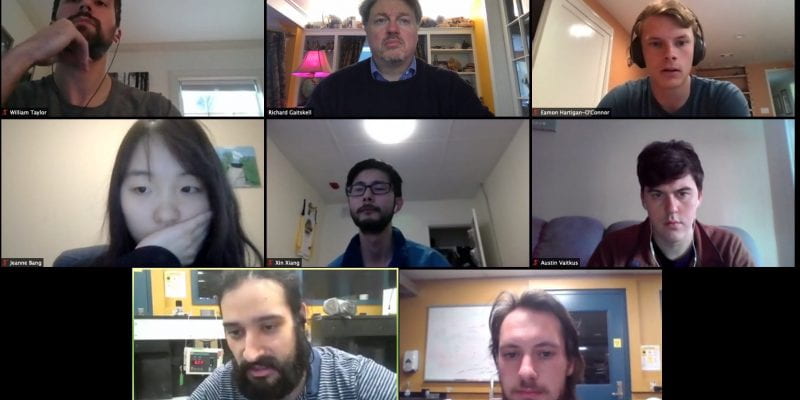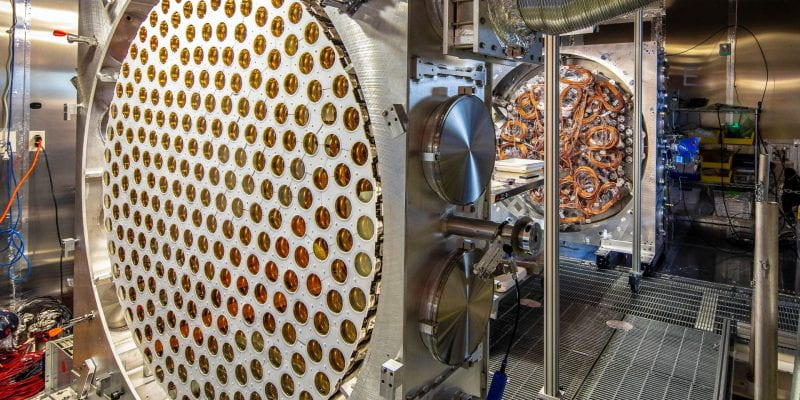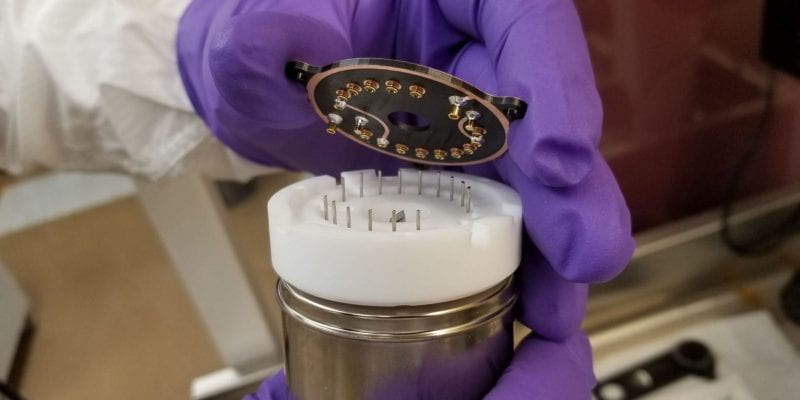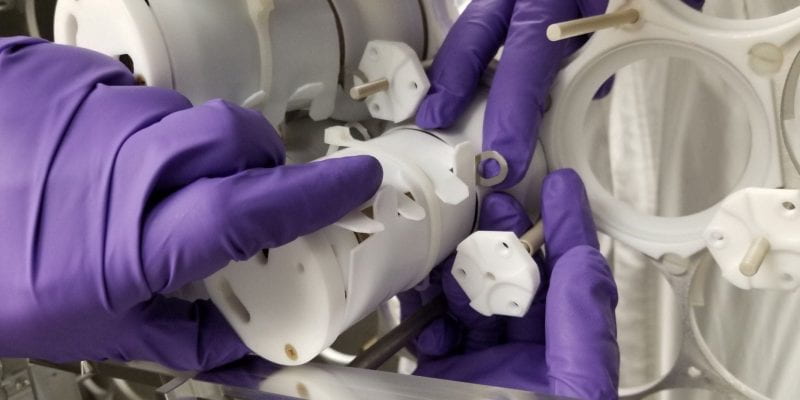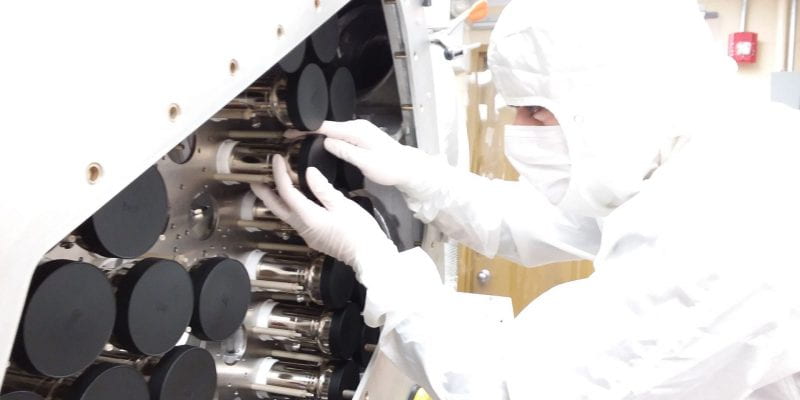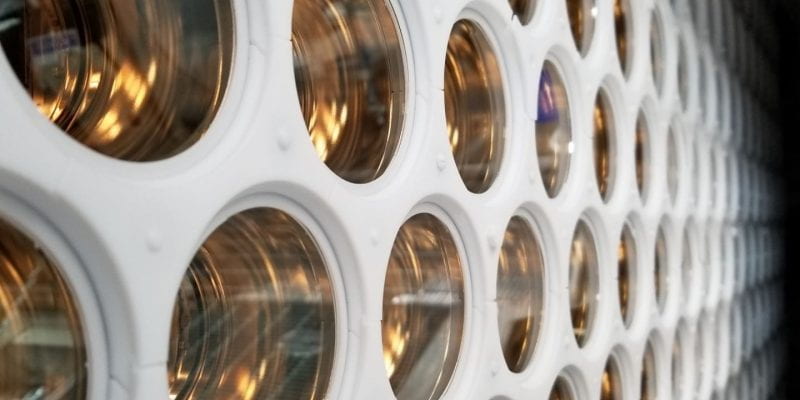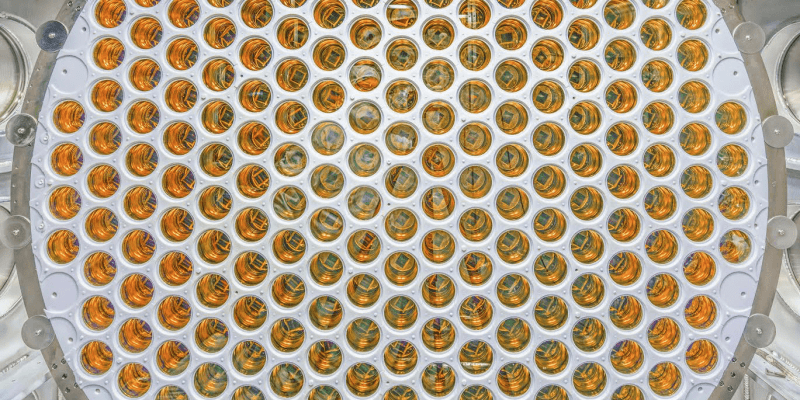Our group is currently involved in a research collaboration called LZ, a 10 tonne liquid xenon experiment almost 1 mile underground at the Sanford Underground Laboratory in South Dakota.
Dark Matter
Learn more about dark matter, and why we are searching for it.
Publications
See all our publications.
About Us
Learn more about the individual members of our group.
Gallery
See pictures of our work.

